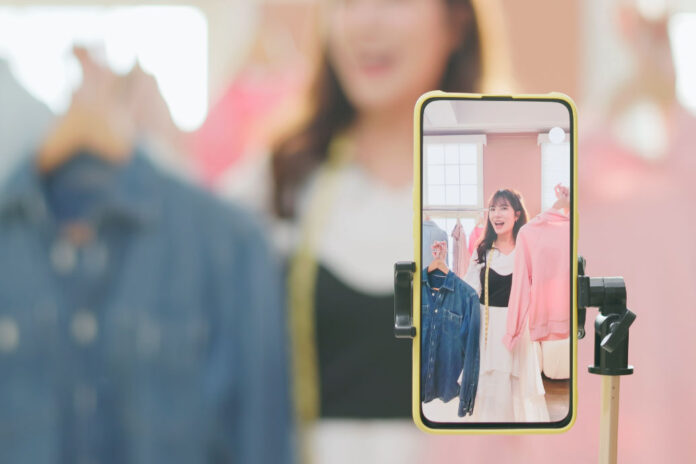A survey conducted by LOI, a consultancy specialized in influencer marketing, shows that Valentine’s Day remains among the four most important dates for Brazilian commerce, ranking just behind Christmas, Mother’s Day, and Father’s Day. This year, the expectation is that the date will generate R$22.14 billion in retail and service sales, according to data from CNDL.
The study, which compiled sources such as the ‘Valentine’s Day 2025’ research by Globo & PiniOn and data from CNDL/SPC Brasil, highlights the leading role of digital influencers in the consumer journey. According to the survey, 78% of Brazilians consider content creators’ recommendations trustworthy, and 73% have purchased products based on influencer recommendations, rates that surpass global averages.
“Influencers are no longer just part of the strategy: they are the main channel for inspiration and decision-making for consumers,” says Felipe Colaneri, co-founder of LOI. “Influencer marketing has ceased to be a side strategy and has become central, especially for dates like Valentine’s Day.”
Additionally, the survey reveals that:
- Beauty products, clothing, and chocolates/candies lead both in items most purchased and most desired;
- O intended average spending is up to R$ 300, although nearly half (46%) associate expensive gifts with the importance of demonstrating commitment in the relationship;
- 62% of consumers prefer physical stores, primarily for the ease of returns;
- Despite this, e-commerce remains relevant, with 73% of online shoppers opting for apps and 22% even considering Instagram as a shopping platform;
- Shopping behavior begins to intensify between 15 days and one week before the date, with a notable emphasis on last-minute purchases, a direct reflection of Google search patterns.
Another striking finding is the sales growth observed in 2024, with an increase of 4.9% overall during the holiday period, with e-commerce standing out, with a 15.5% revenue increase, according to the Índice Cielo de Varejo Ampliado. Among the fastest-growing segments were eyewear and jewelry (+19.1%) and cosmetics (+9.6%), reinforcing these markets’ strength for the occasion.
The study also highlights the influence of the gift recipient on the purchasing process: most consumers rely on hints from the person to be gifted when deciding what to buy. Additionally, 66% of respondents start searching for gifts 15 to 30 days in advance, but Google indicates that most purchases actually occur in the last week, the day before, or even on Valentine’s Day itself, showcasing the power of impulse buying decisions.
The study also points to an interesting trend regarding Gen Z’s behavior: young people are dating less, a result of intensive social media use and a growing preference for daytime events and outdoor experiences over traditional nightlife.


